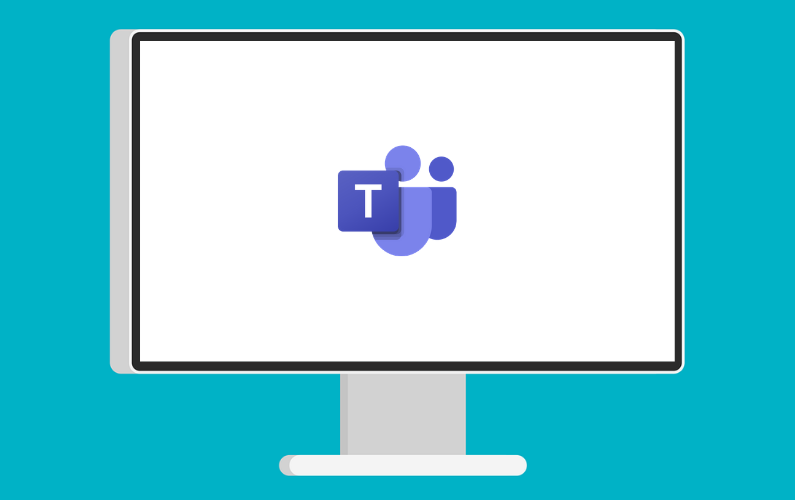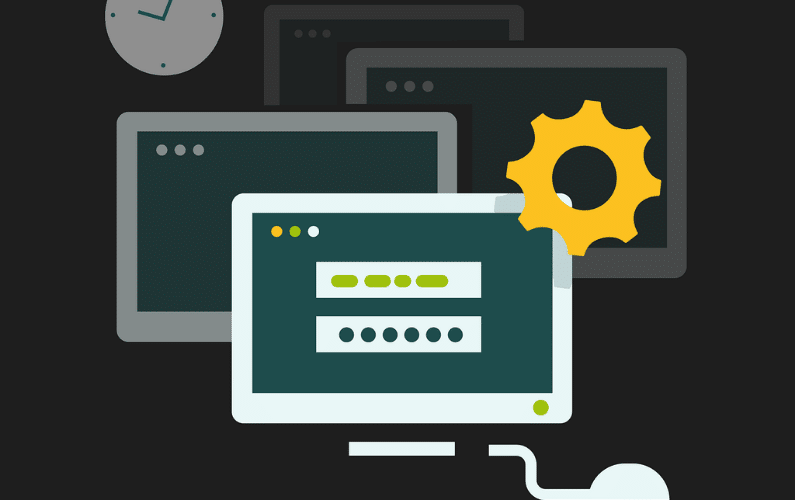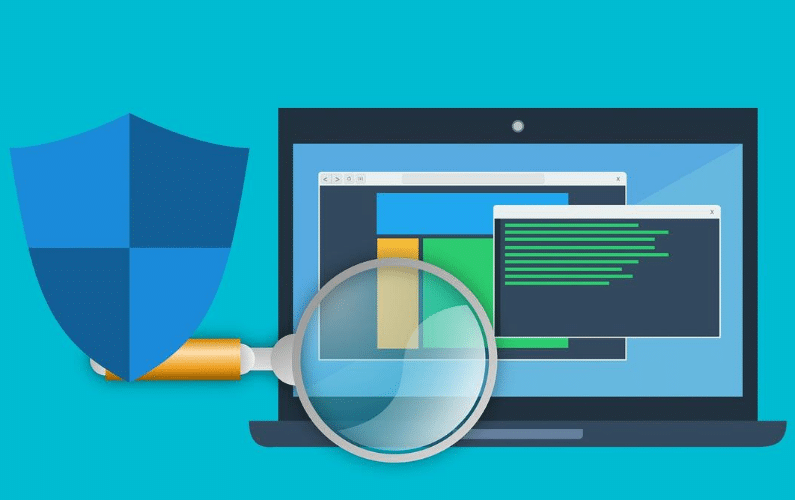Financial losses, reputational damage, liability issues, and regulatory complaints are some challenges to face if your vet practice is a victim of cybersecurity threats. Whether you practice at a hospital, clinic, or vet telemedicine, cybercriminals aren't known to spare any.
One such attack involved the Ryuk Ransomware that attacked the National Veterinary Associates (NVA), affecting more than 400 veterinary practices.
Vet practices store massive amounts of data, making them prime targets for cybercriminals. Today, Nicolet Tech explains the most devastating threats and how managed IT services provider handles them effectively.
What Are Cybersecurity Threats?
A cyberthreat is any event or circumstance that may cause harm to the integrity of information, business processes, and IT infrastructure.
Security threats can be categorized into three types:
- External threats: occur outside your practice's perimeter, such as hackers
- Insider threats: occur within your organization's perimeter, such as rogue employees leaking sensitive data online.
- Internal threats: occur within your organization's network that gain entry due to poor security controls.
A cyberthreat can be financial, corporate, or politically instigated.
What Are these Cyber Threats?
Your employees
A Tessian cybersecurity report indicates over 85% of all data breaches are caused by human error!
Apart from you, your staff is also in contact with other parties. It's easy to give up passwords or sensitive information. Further, employees tend to leave their computers unattended and use weak passwords.
A multi-pronged approach will remedy:
- Enable multifactor authentication in all employee accounts
- Educate your employees on cybersecurity threats
- Limit employee access based on job function
- Deploy an automated system to detect suspicious activity across all devices without requiring constant monitoring from IT staff
- Use different passwords for their work accounts
Ransomware
A ransomware attack holds your systems hostage for ransom. This threat has become more common in the recent past with the rise of cryptocurrencies.
Ransomware comes in various forms: some encrypt files on your computer while others encrypt data stored on a server or in the cloud, making them inaccessible to extort money from you.
To avoid ransomware, we'll ensure:
- Your operating system is up-to-date with security patches
- Don't install software from unknown sources or sites
- Your antivirus includes real-time protection for web browsers—this kind of malware often arrives via websites or links shared on social media.
- Back up all critical data frequently so you don't lose essential information if something does go wrong.
Distributed Denial of Service (DDOS)
A distributed denial of service (DDOS) attack uses multiple computers to drive massive traffic from one or more sources and overwhelm your website or server.
To prevent such an attack, we'll:
- Deploy infrastructure redundancy
- Use anti-DDoS services to absorb the excess traffic
- Switching DNS providers and hosts
Phishing
Phishing occurs when hackers send emails that appear to be from a trusted source to trick you into providing personal information or clicking on malicious links. Verizon's data indicate that phishing comprises 25% of all cybersecurity threats.
The most common themes include:
- Emails or links from well-known companies, such as Apple, PayPal, your bank, and government entities, the IRS or the DHS.
- They ask you for personal information such as account numbers, passwords or credit card numbers.
- They often include threats that seem real but aren't (e.g., "If you don't update your account now," "Your account has been hacked", or "We're shutting down our business").
To handle phishing attacks, our experts will:
- Update your systems and SSL certificates with the latest security updates and patches
- Proactively set up data backups for an effortless recovery
- Scan your system for malware
- Contact the Federal Trade Commission (FTC) in case of identity theft
- Deploy spam and web filters to block malicious websites and emails
- Encrypt all sensitive business data
- Regularly train your staff with real-world phishing scenarios
Computer Viruses and Worms
Computer viruses and worms can be the most devastating cybersecurity threats to your practice.
These malicious programs spread from one computer to another without your knowledge or consent, causing severe damage by deleting files or destroying hardware and software.
We will ensure:
- Your antivirus program is up-to-date with the latest virus definitions and signatures, and install next-gen firewalls
- Regularly scan your systems for these threats
- Set up automatic antivirus updates so it will be able to detect new strains of viruses as they appear online.
Social Engineering
Social engineering is one of the most common cybersecurity threats facing veterinarians.
It occurs when a cybercriminal manipulates your or your staff over the phone, email, or impersonation, to perform actions or divulge confidential information.
Social engineers often target specific individuals who have access to sensitive data and can easily be persuaded with seemingly legitimate requests and offers, such as free tickets. They'll then try to convince those employees to act, such as connect their computer system so they can install something new.
Without the proper mechanisms, this could compromise your entire network!
The best way we combat this type of attack is:
- Regular security training for yourself and your staff members
- Deploy multi-factor authentication when verifying staff identity
Internet of Things (IoT) and The Cloud
The Internet of Things (IoT) is a network of physical devices embedded with electronics, software, sensors, actuators, and connectivity enabling these devices to collect and exchange data.
IoT devices collect analyzed data vital in making crucial business, medical and security decisions. The cloud stores this data in servers located on a computer network and enables remote access to this information from any device connected to the internet.
If you have limited IT resources or lack direct control over your devices, such as remote-controlled surgical robots, these risks could pose serious threats if not appropriately addressed.
For this, we:
- Install password managers on your computers
- Change your default router configurations
- Disable Universal Plug and Play (UPnP)
- Update your software and malware
- Train your staff on the secure use of IoT
- Conduct deep and regular security audits to identify possible loopholes
- Deploy monitoring measures to detect threats
Outdated Systems
Technology is evolving at unprecedented speeds, and new cyber threats are emerging quickly. If you've had your current systems for a few years now, chances are they can't handle the current cybersecurity threats.
For instance, the recent Microsoft Exchange Server hacks targeted outdated and vulnerable systems globally, causing massive data and revenue losses.
Outdated software and systems are a significant threat to your information security.
The best way to address this issue is to upgrade all outdated systems. After conducting a security analysis, we shall recommend the best technology and implementation practices.
Handle Any Cyberthreat at Your Vet Practice With Nicolet Tech
Your clients trust you to keep their data secure and handle their pets and animals with the utmost care. Achieve high levels of care by ensuring your systems are safe and up to the task.At Nicolet Tech, we take a proactive approach to preventing cyber security threats at veterinary practices. Further, if these treats strike, we provide reliable and effective solutions to avoid system or data damage. If you wish to learn more, contact us, our experts are ready to answer any queries or concerns.


